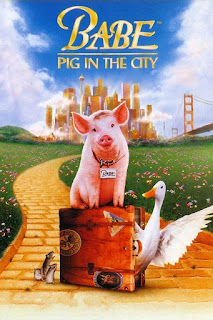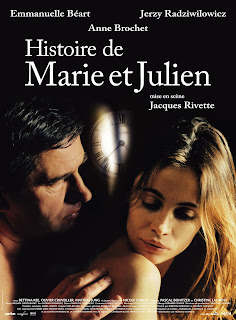March 14th: STORMY MONDAY (Mike Figgis, 1988)
A jazz club in Newcastle, England becomes the focal point for a clash between a corrupt American businessman and various locals.
Writer-director Mike Figgis originally pursued a career in music, collaborating with such luminaries as the Rolling Stones' drummer Charlie Watts and Roxy Music co-founder Bryan Ferry, before moving into theatre. He made a feature film for British television, and was set to make another when producers acquired American investing, allowing him to cast bigger names, including some from Hollywood.
For the script, Figgis drew from his own appreciation of classic Film Noir, and combined it with a dramatization of real-life scandal in his hometown of Newcastle, where a local politician was convicted for accepting bribes.
A major figure on Figgis's crew was cinematographer Roger Deakins, who began in graphic design, moved to photography, then film, and spent seven years working on documentaries internationally, including an "around the world" yacht race, and several productions in volatile areas in Africa. His early notable film credits include Michael Radford's adaptation of 1984, Sid & Nancy, and White Mischief.
The cast includes Sean Bean (Game of Thrones), Melanie Griffith (Working Girl), Tommy Lee Jones, former Police frontman Sting, and James Cosmo (Braveheart). The production design was by Andrew McAlpine (The Piano, Sid & Nancy), with costumes by eventual 3-time Oscar-winner Sandy Powell (Gangs of New York, Velvet Goldmine). Figgis composed the musical score himself.
The film was shot on location in Newcastle, and while no attempt was made to prettify the town, the plot's element of an "America Week" celebration creates a dichotomy with its contrasting iconography. The atmosphere is also aided by Deakins's depiction of the neon-heavy nightlife and stylized interior lighting.
Stormy Monday received mostly positive reviews, including a famous experiment by Roger Ebert that atypically described the film's visuals in a stream-of-consciousness style. Its success led Figgis to Hollywood, where he would work on and off into the 2000s, peaking with his awards triumph Leaving Las Vegas. Deakins would be hired by the Coen Bros on the basis of his work here, beginning a long and fruitful collaboration.
Running time is approx. 90 minutes.










Comments
Post a Comment